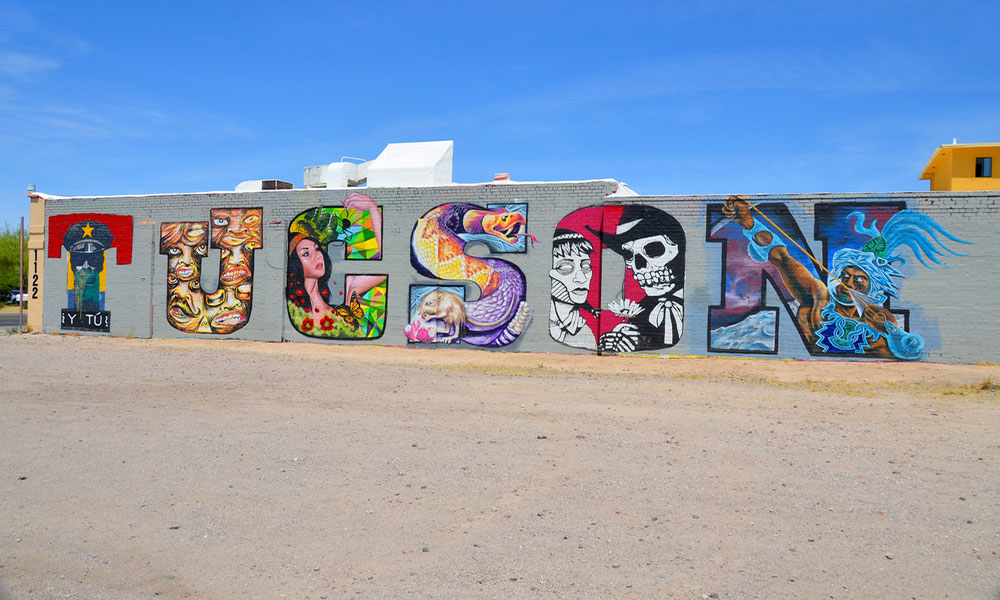physicians would use a new electronic platform to deliver prescriptions to pharmacists.
By next month, pharmacists will monitor the Controlled Substances Prescriptions Monitoring Program before filling and dispensing medications to customers. These measures will potentially cut down on forged handwritten prescriptions.
Medicaid officials held a meeting in Tucson in February focused on how to distribute funds to drug rehab centers and treatment options for Arizona residents with substance use disorders. Medicaid currently provides 25 percent of Arizona’s population with health coverage. The Opioid Epidemic Act budgets a minimum of $10 million, with the potential of additional funding.
Portions of that funding are slated to train law enforcement officers to administer naloxone, a medication given to reverse opioid overdoses. The drug has saved thousands of lives across the U.S.
According to federal data, Massachusetts is one of the states that freely distributes naloxone to families in case of an overdose emergency; the drug has been responsible for a success rate of over 90 percent in saving patient lives.
Under the new regulations, Arizona plans to similarly distribute naloxone to residents.
















